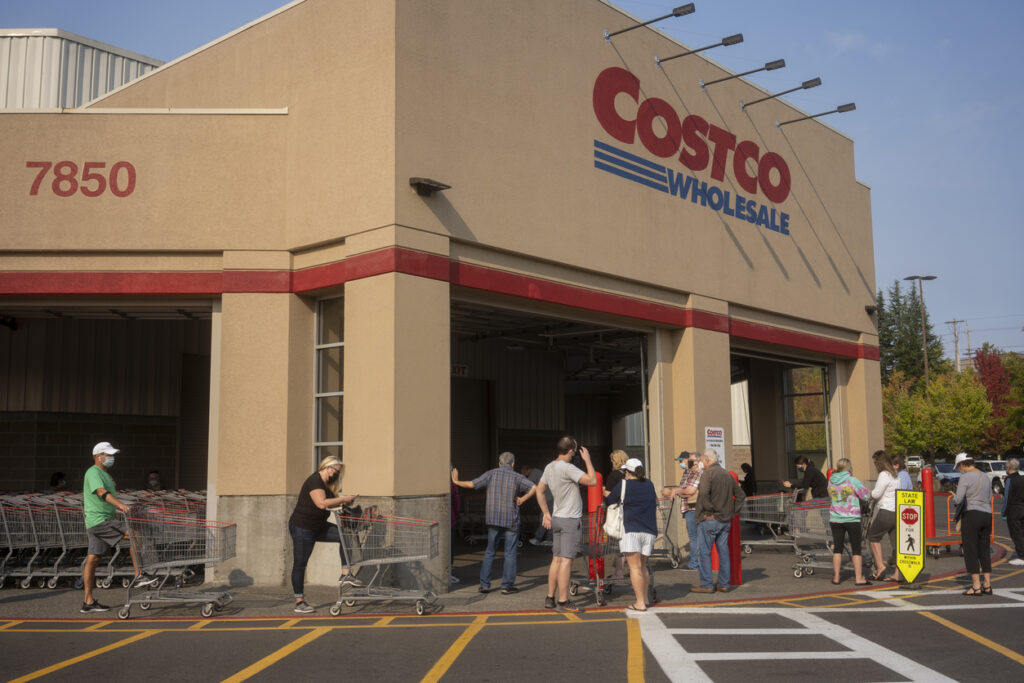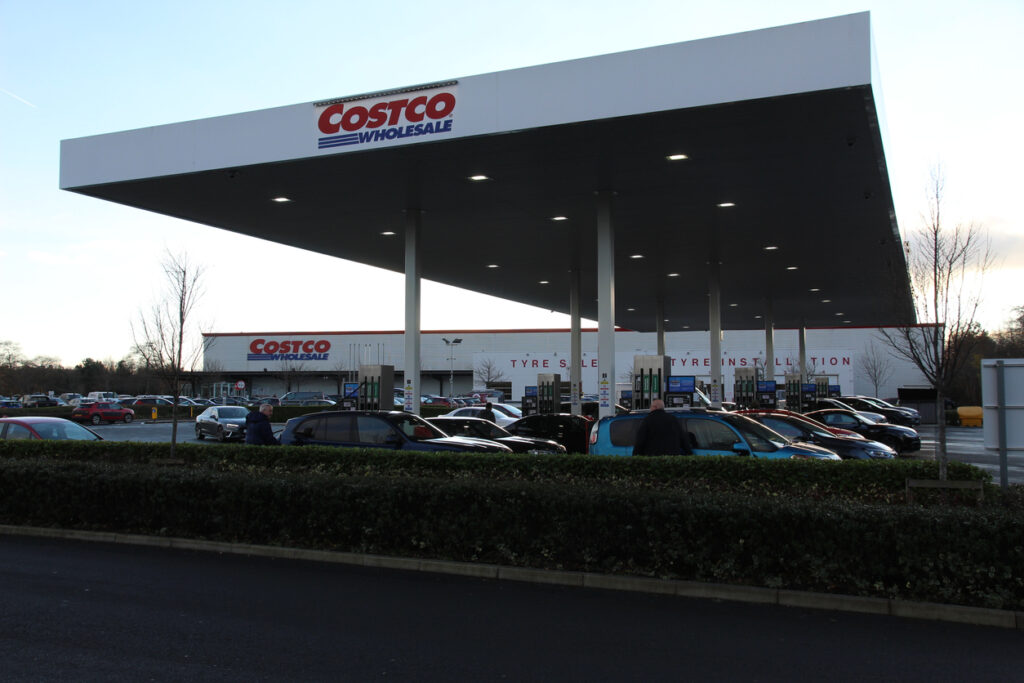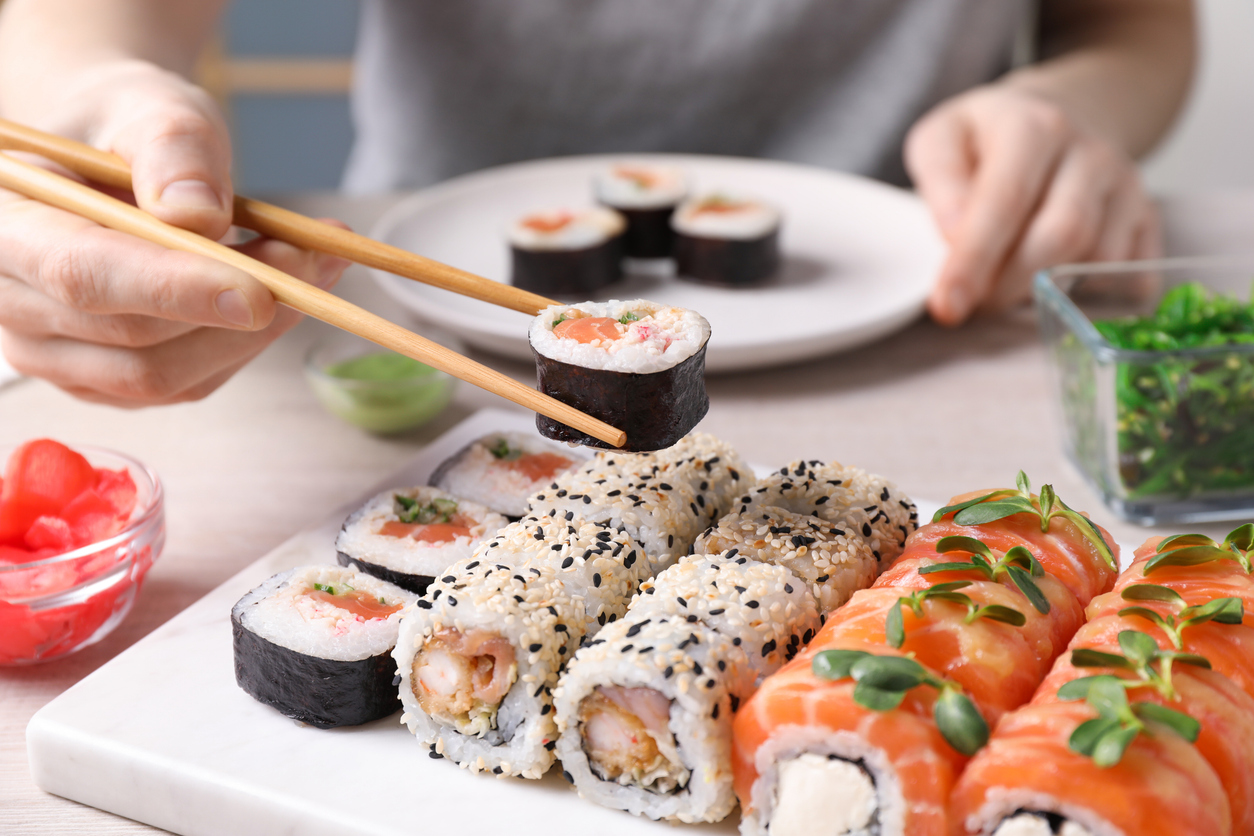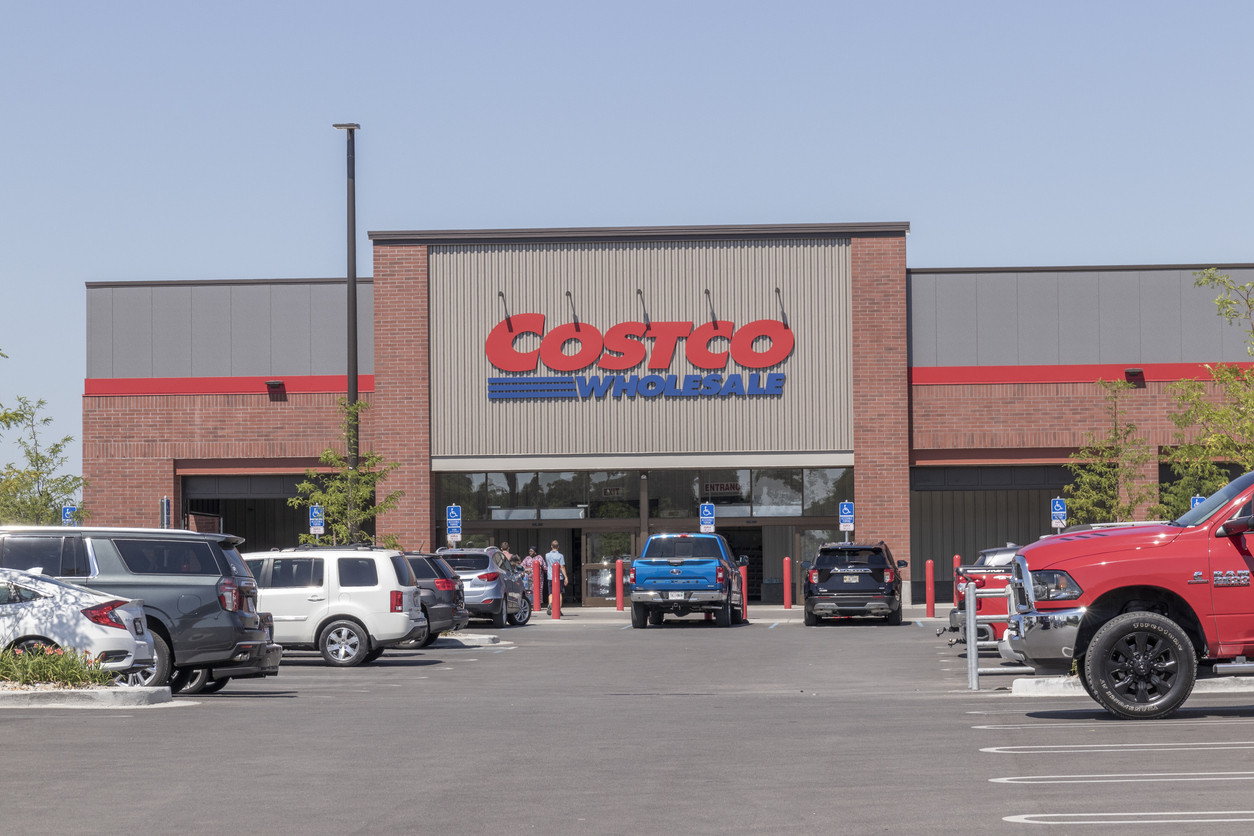In a world increasingly attuned to the impacts of climate change and the importance of sustainability, one innovation is setting the wine industry abuzz with its promise of drastically reducing carbon footprints: paper wine bottles. Retail giants such as Whole Foods and Aldi, alongside the Monterey Wine Company, are at the forefront of this eco-friendly revolution, introducing wines packaged in groundbreaking Frugalpac bottles.
Born out of the necessity for more sustainable packaging solutions, the Frugalpac bottle represents a seismic shift in how wine is sold and consumed. With 94 percent recycled paperboard construction and a food-grade pouch to hold the wine, these bottles are not just fully recyclable; they’re a beacon of environmental stewardship in the beverage industry. Weighing a mere 83 grams, these containers are five times lighter than traditional glass bottles, offering significant reductions in shipping emissions and packaging waste.
This initiative isn’t merely a nod towards sustainability; it’s a leap. By integrating the bottling process directly within wineries, such as King City’s Monterey Wine Company—the first in the U.S. to adopt Frugalpac’s technology—wine producers are able to cut down on transportation needs dramatically, further decreasing the carbon footprint of each bottle produced.
The move to paper bottles is catching on fast, with Bonny Doon Vineyard’s “Pink” wine, affectionately dubbed “Carbon…nay!” by its founder Randall Grahm, leading the charge in the U.S. This playful moniker not only underscores the wine’s lower carbon footprint but also signifies the brand’s commitment to initiating conversations around sustainability in the wine industry.
What makes these paper bottles especially appealing to both producers and consumers is the unprecedented flexibility they offer in label design. Unlike traditional bottles, the Frugalpac allows for printing across every surface, enabling brands like Bonny Doon to make their bottles stand out on shelves with eye-catching designs.
The introduction of paper wine bottles is a response to growing consumer demand for more sustainable options in every sector, including the alcohol industry. A recent report by the Institute of Grocery Distribution highlighted that a significant portion of supermarket carbon emissions stems from the packaging of drinks. By adopting paper bottles, supermarkets, and beverage companies can make strides toward meeting ambitious goals to halve the environmental impacts of their packaging systems by 2030.
This innovation is not limited to wine. Spirits and cocktail producers worldwide have begun exploring paper bottles, from Aldi’s Cambalala South African Shiraz and Sauvignon Blanc to the adventurous spirits of World of Zing Ltd and Navy Island Rum. These early adopters are not just changing their packaging; they’re changing the narrative around what it means to be a responsible brand in the 21st century.
As we look to the future, the shift towards paper bottles in the wine and spirits industry is a testament to the power of innovation in the face of environmental challenges. It’s a movement that goes beyond reducing carbon footprints—it’s about transforming consumer habits and industry standards to foster a more sustainable world.
The adoption of paper wine bottles by major retailers and wineries is just the beginning. As more companies join the fray, we can anticipate a ripple effect across industries, pushing for greater sustainability and environmental consciousness in product packaging and beyond.
In embracing these eco-friendly bottles, brands like Bonny Doon and retailers like Whole Foods are not just making a statement about sustainability; they’re inviting consumers to be part of a vital change. This change is not just about choosing a wine; it’s about choosing a future where sustainability is woven into the fabric of our daily lives.
As we raise our glasses to toast, let’s also raise our awareness and commitment to a greener planet—one paper wine bottle at a time.











